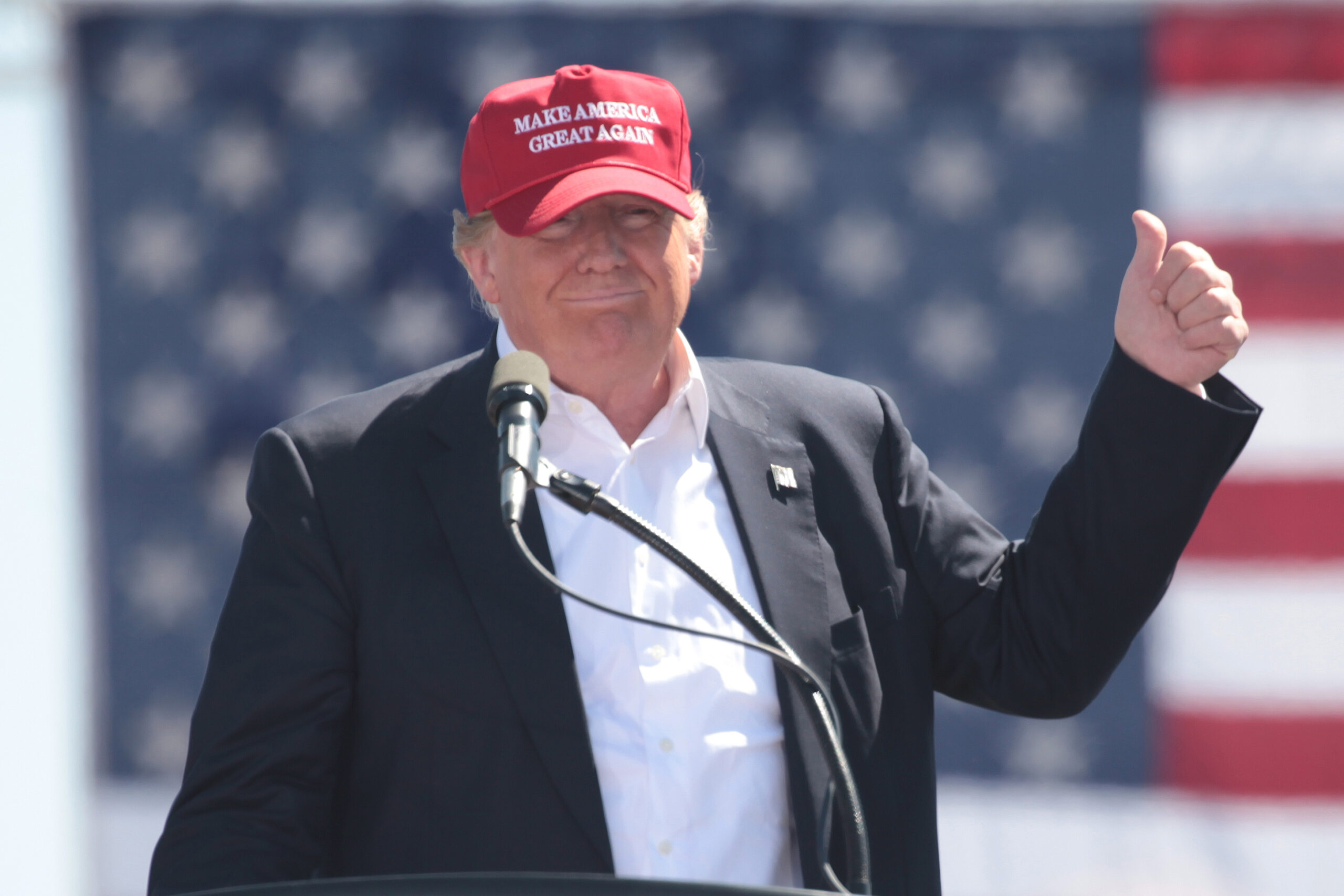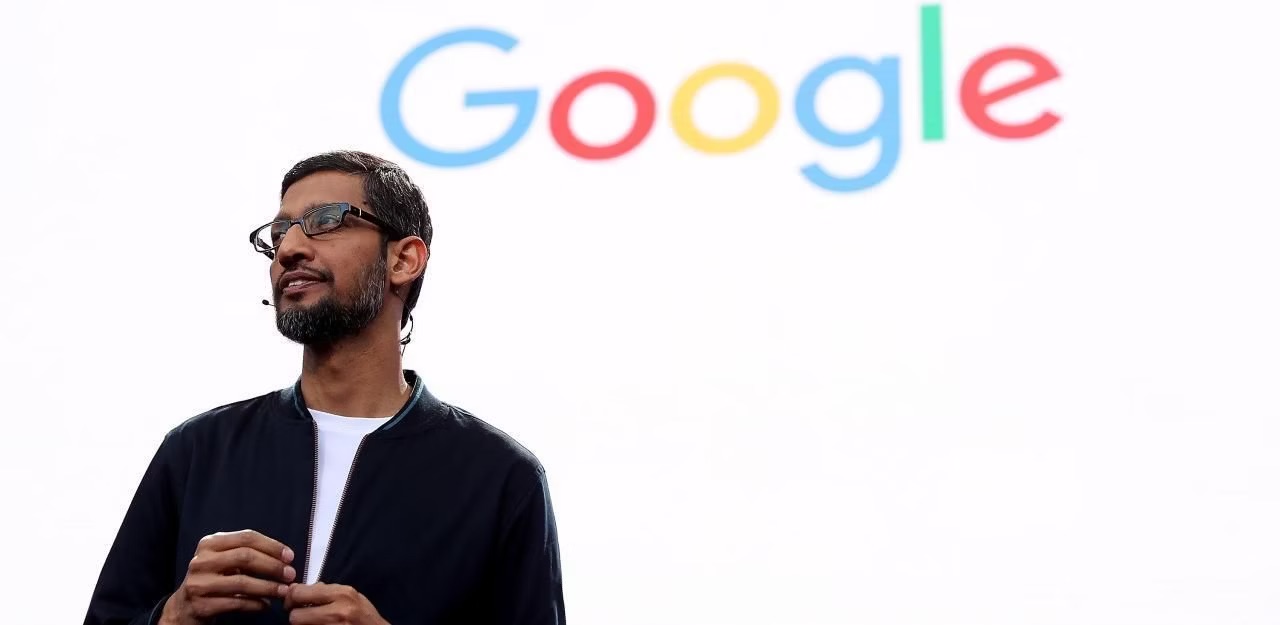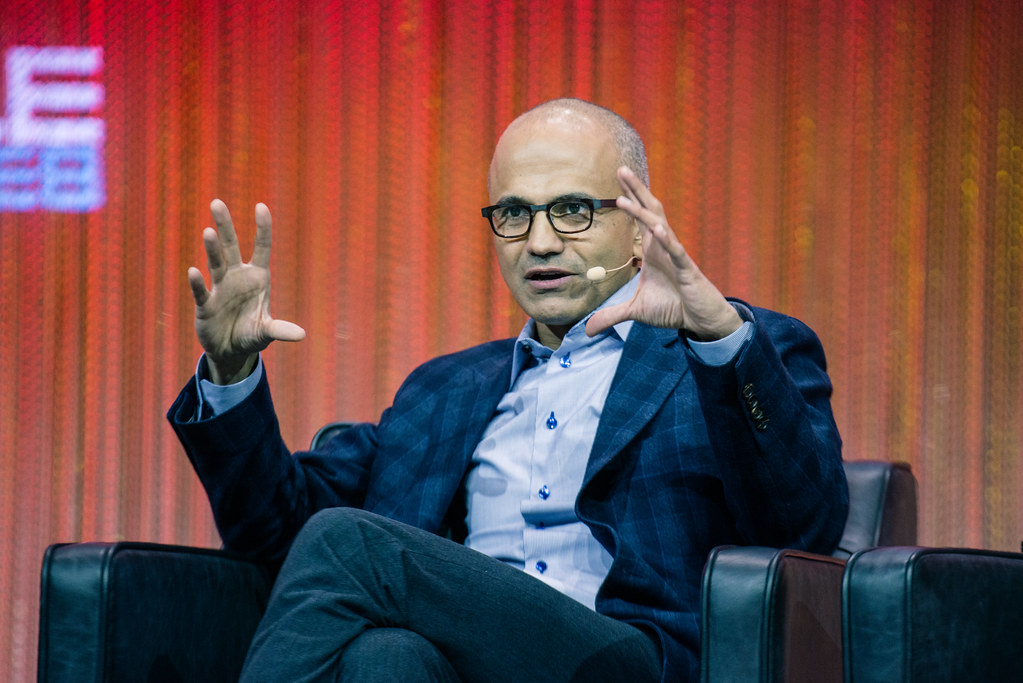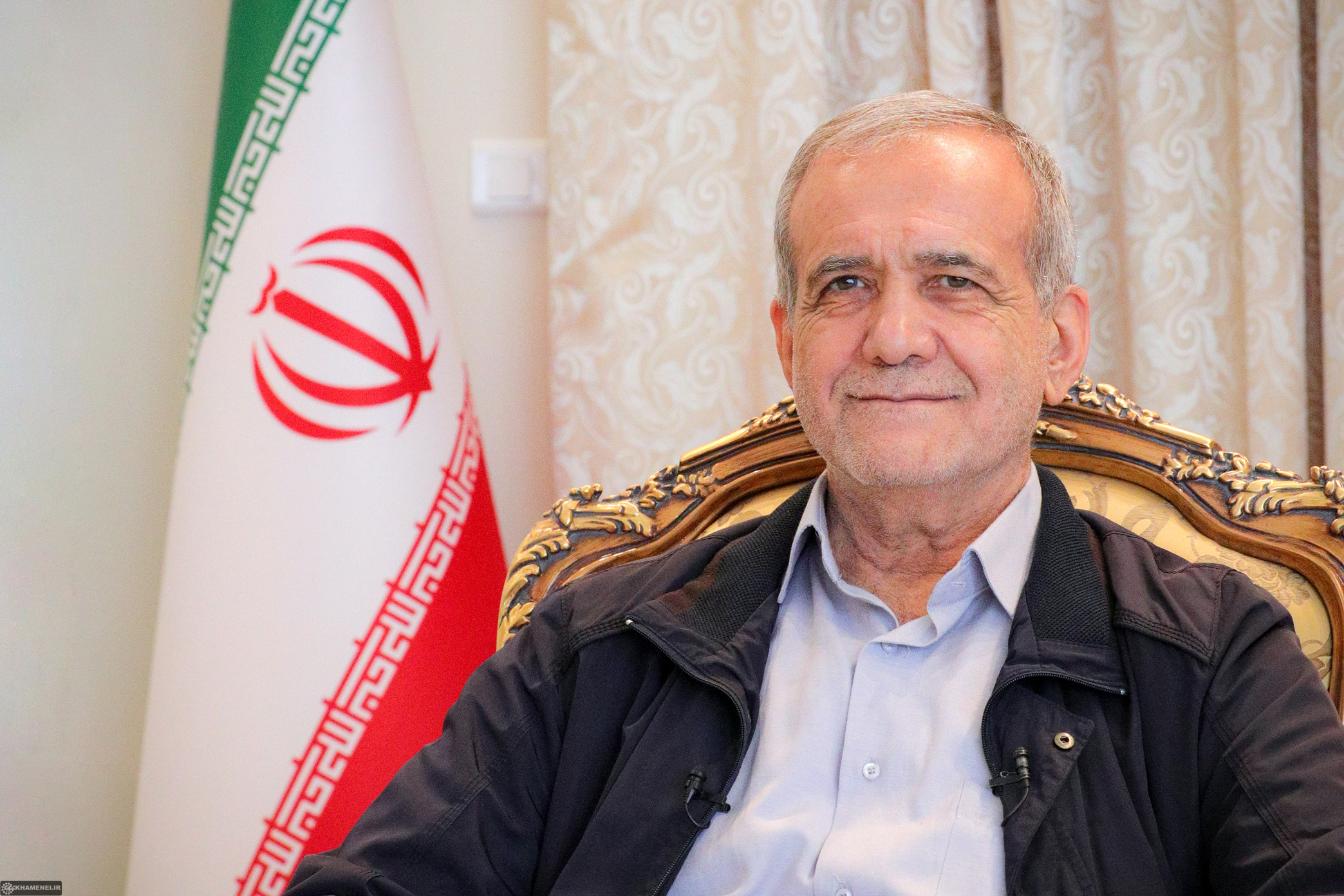Meta, the parent company of Instagram and Threads, has stirred controversy by announcing significant changes to its political content policies. The decision to replace traditional fact-checkers with Community Notes comes just two days after a prior announcement about content moderation adjustments. This move has reignited debates about the platform’s role in the dissemination of political discourse and misinformation.
Adam Mosseri, head of Instagram and Threads, revealed that the platforms will now recommend political content to users once again. This represents a stark reversal from Meta’s earlier approach in March 2024, which aimed to minimize political discussions on the apps. The updated policy allows users to choose from three options regarding political content: less, standard, or more, catering to varying preferences among audiences.
“Our intention is to introduce political recommendations in a responsible and personalized way, which means more for people who want this content and less for those who do not.” – Adam Mosseri
Timing and Criticism
The timing of this announcement is particularly contentious as President-elect Donald Trump prepares to take office, known for his criticisms of content moderation, which he claims silences conservative voices. However, many human rights organizations and users argue that the moderation targets hateful rather than conservative speech. This kind of language, they warn, fuels real-world violence; notably, Meta has removed from its policy the acknowledgment of hate speech’s link to real violence. Critics see these changes as a dangerous alignment with Trump’s views, potentially exacerbating misinformation and hate speech in an already tense political climate.
Historically, social media platforms like Twitter thrived on real-time news sharing and political discourse, a dynamic Meta initially seemed to step away from by making political content less prevalent in response to misinformation risks observed in previous elections. The reversal to now amplify political content has dismayed many users who relied on a mix of fact-checkers and community notes to ensure news accuracy. This decision abandons those protective measures at a time when the political landscape is increasingly fraught, leaving a gap in the defenses against misinformation.
In addition, Meta’s decision to cut language from its policy that acknowledges the connection between hate speech and real-world violence has drawn significant criticism. Users who once relied on a combination of fact-checkers and community notes for accurate news now find themselves questioning the integrity of information on Instagram and Threads.
“As per @zuck’s post yesterday about free expression yesterday [sic], starting this week in the US, and rolling out over the coming week to the rest of the world, we’re going to be adding political content to recommendations on @Threads and adjusting the political content control to three options: less, standard, the default, and more.” – Adam Mosseri
This decision has sparked outrage among users who feel that the move lacks courage and undermines the integrity of online discourse. As Meta embarks on this new chapter for its platforms, it remains to be seen how users will respond to these changes and what impact they may have on the quality of information shared across social media.
What The Author Thinks
Meta’s recent policy changes concerning political content recommendation represent a precarious balance between promoting free expression and controlling misinformation. While the intention to personalize political content consumption is commendable, the timing and the nature of these changes raise concerns about the platform’s ability to safeguard against the spread of harmful misinformation, especially during sensitive political periods. By reinstating broader access to political content and reducing reliance on fact-checking, Meta risks undermining its own efforts to foster a safe and informed community. This move could potentially reverse any progress made in curtailing the chaos of misinformation that has plagued social media platforms in recent years.










